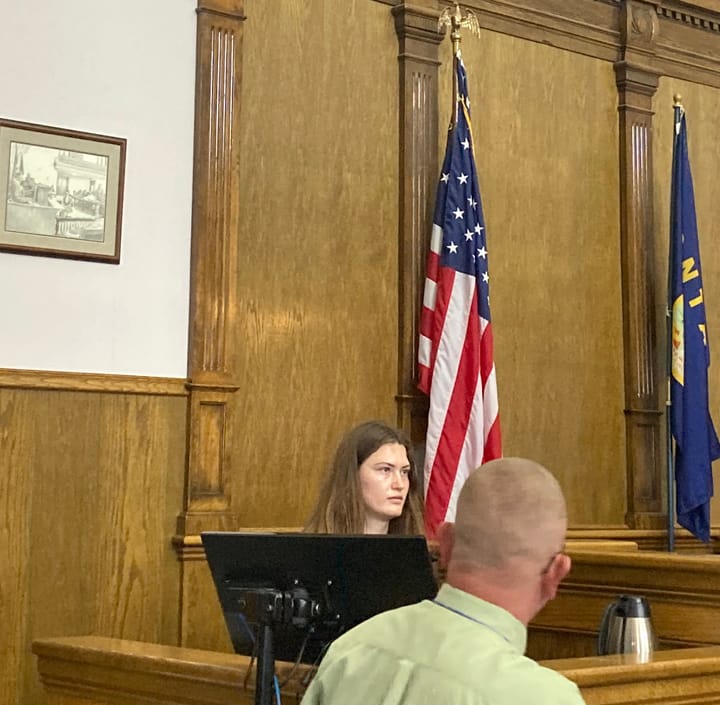Exxon - Facing Lawsuit From Connecticut Over Alleged 'Decades of Deception' - Misleads Court About The Lawsuit, State Tells Court

Connecticut told a federal court in a Dec. 2 filing that its lawsuit accusing oil giant ExxonMobil of deceptive behavior regarding the fossil fuel business and consequences on the climate should be sent back to state court. The state also said Exxon has mischaracterized the lawsuit, arguing the case presents clear claims of corporate deception and is not at all about regulating climate pollution or curbing petroleum production.
“The State’s allegations concern only Defendant’s campaign of deception,” Connecticut wrote in a motion to remand – or send back to state court – filed in the U.S. District Court for the District of Connecticut. “Nowhere does the State seek to hold the Defendant liable for greenhouse gas emissions or causing climate change.”
Connecticut Attorney General William Tong brought the lawsuit against one of the world’s largest petroleum producers on September 14 in Connecticut Superior Court (a state court) alleging the company violated the state’s consumer protection statute. The state’s suit targets Exxon for misleading and deceptive conduct to undermine public understanding of climate science and misrepresent the climatic risks of fossil fuel products, despite the company being well aware of these risks half a century ago. Exxon’s misleading behavior continues today, the state claims, with “greenwashed” advertising painting the company’s business as environmentally friendly. Connecticut says this deceptive business behavior violates a state law called the Connecticut Unfair Trade Practices Act.
Exxon attorneys are trying to get the case thrown out by moving it to federal court, a strategic play that fossil fuel companies have used in all other climate change-related cases seeking to hold them accountable for deception and damaging impacts stemming from their products. But as Connecticut notes in its remand motion (a request to send its lawsuit back to state court), this strategy has largely failed with multiple federal courts finding that similar accountability lawsuits raise no federal issues and therefore have no basis for being kicked to federal courts. A very similar lawsuit filed by the Massachusetts attorney general against ExxonMobil, for example, is currently proceeding in state court after Exxon made an unsuccessful attempt to transfer it to federal court.
In the Dec. 2 court filing, lawyers with the Connecticut Attorney General’s Office push back against what they say is a deeply misleading description of their case presented by the defendant (Exxon). According to Connecticut, Exxon “mischaracterizes the allegations in the Complaint to the point of unrecognizability.” Connecticut says this mischaracterization further demonstrates the company’s misleading and deceptive behavior – and this deception is what the state’s lawsuit is premised on.
As Connecticut tells the federal district court – “the ‘injury’ is the deception, and the negative climatic effects are simply harms stemming from the ‘injury’ alleged in the Complaint.” The state argues its case “is not about limiting pollution but rather about Defendant’s decades of deception.” This alleged deception violates the state’s consumer protection law, Connecticut says, and therefore the case raises no federal issues or federal laws that justify transferring the case to federal court.
Connecticut asks the federal district court to send or “remand” its case back to state court where it originated, and also to award the state attorneys fees that cover the costs of litigating what the state says is a silly or “frivolous” action of moving its lawsuit to the federal court system.


